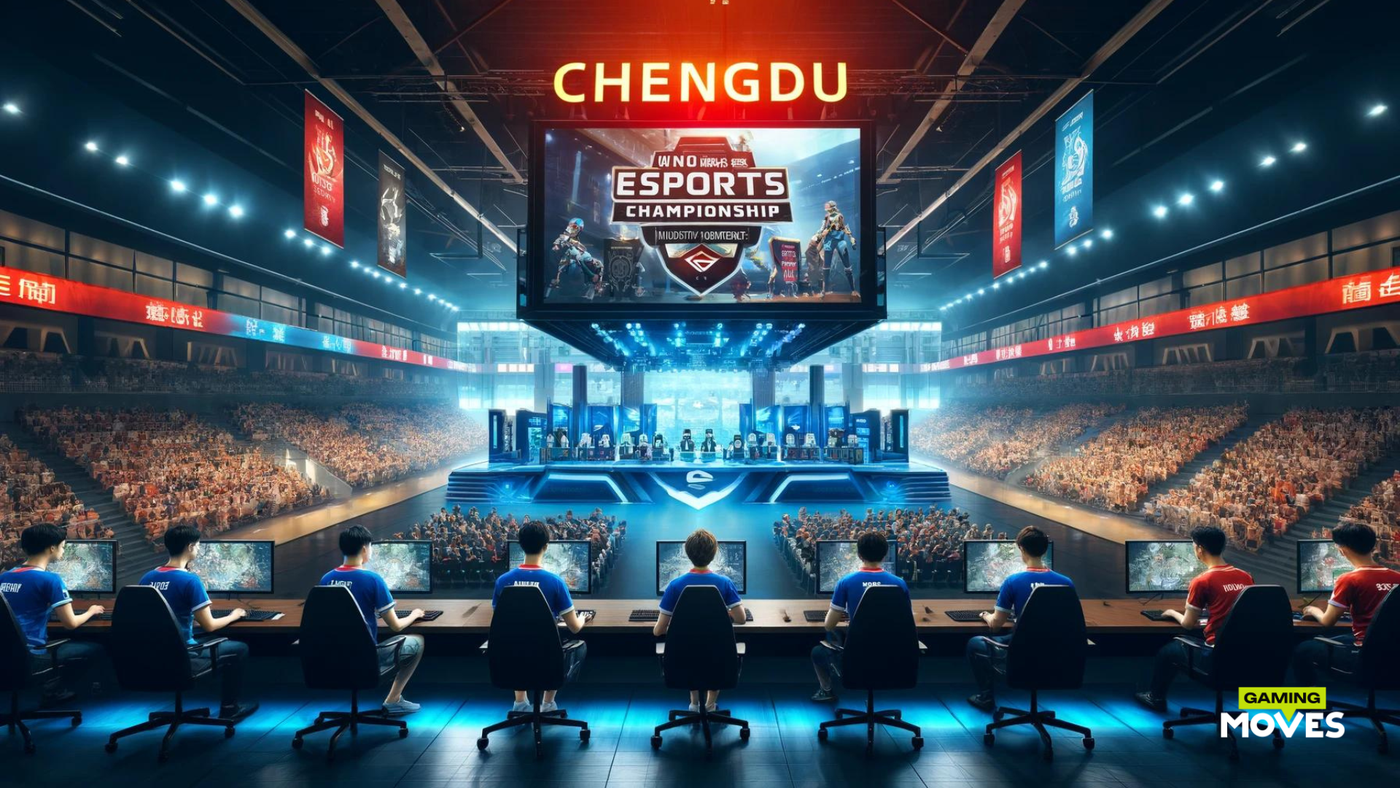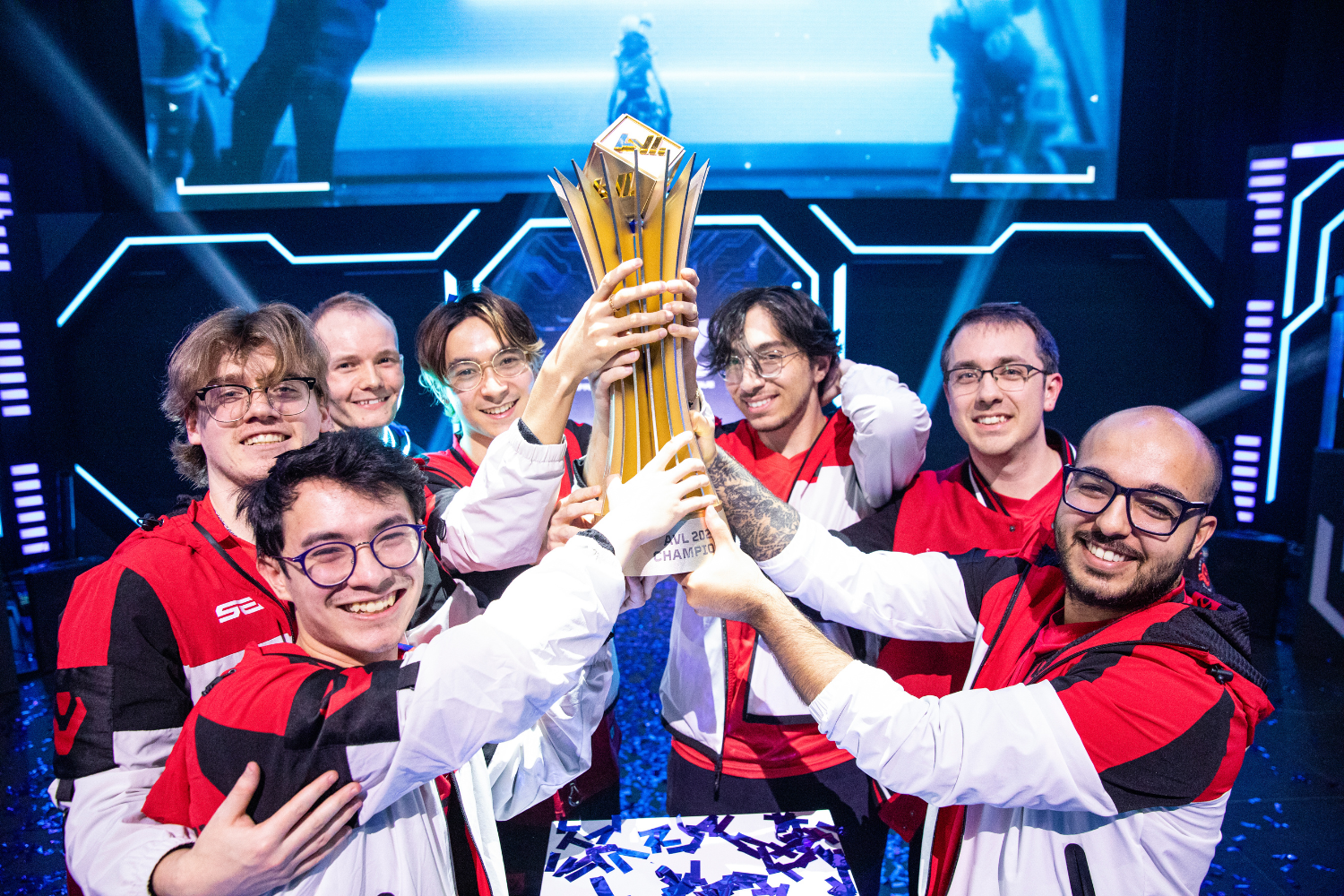The recent press conference for the World Esports Championship (WEC), Asia Esports Championship (AEC), and World Esports Industry Development Conference (WEDC) held in Chengdu marks a significant milestone in the international esports landscape, particularly for China's role within it. Here’s a summary of the key points and what they mean for the future of esports:
Key Highlights from the Conference
1. Venue and Organizers:
- Hosted in Chengdu, Sichuan province, the event is backed by prominent organizations such as the International Esports Federation (IESF), China National Cyber Games (CNCG), and several local entities.
2. Esports Recognition and Growth:
- Liu Fumin highlighted the cultural and sporting significance of esports, noting its integration into the Asian Games and its role in cultural exchange and creative expression. His remarks underscored the evolving recognition of esports as a mainstream form of entertainment and competition.
3. International and Local Support:
- Boban Totovski of the IESF emphasized the federation's role in shaping global esports standards and its recognition by the International Olympic Committee (IOC). The IESF’s decision to host the AEC and WEDC in China reflects confidence in China's burgeoning esports market.
4. Event Scope and Scale:
- Xu Ming detailed the expansive nature of the upcoming events, noting the participation of 42 Asian countries with six competitive titles including DOTA2, PUBG Mobile, and Mobile Legends: Bang Bang (MLBB). This large-scale participation highlights the event’s extensive reach and impact.
5. Industry Integration and Opportunities:
- The conference also served as a platform for various strategic alliances and partnerships aimed at integrating esports more deeply with other industries. These agreements are set to propel China’s esports to new heights, leveraging both local talent and international collaborations.
Implications for Global Esports
1. Globalization of Esports:
- The establishment of such a significant event in China represents a major step in the globalization of esports. It not only enhances China's position in the international arena but also sets the stage for further integration of esports into global sports and cultural events.
2. Economic and Cultural Impact:
- Hosting the AEC and WEDC is likely to have substantial economic benefits, including boosting local tourism and business. Culturally, it positions Chengdu and China at the heart of Asia’s esports activities, potentially influencing gaming trends and policies.
3. Future Prospects:
- The mention of the "Esports Olympics" suggests ambitious future plans and may indicate ongoing efforts to align esports more closely with traditional Olympic sports paradigms. This alignment could eventually lead to esports featuring in the Olympic Games, a topic of ongoing debate in sports circles.
4. Industry Development:
- The focus on 'esports + industry' integration hints at innovative business models where esports will play a central role in entertainment, technology, and even education sectors.
Conclusion
The WEC, AEC, and WEDC in Chengdu are set to not just redefine competitive gaming landscapes in Asia but also highlight the strategic importance of esports in fostering global cultural exchanges and economic development. As preparations for these events continue, the global esports community is poised to witness not only top-tier competition but also significant advancements in esports’ role as a major international industry.








